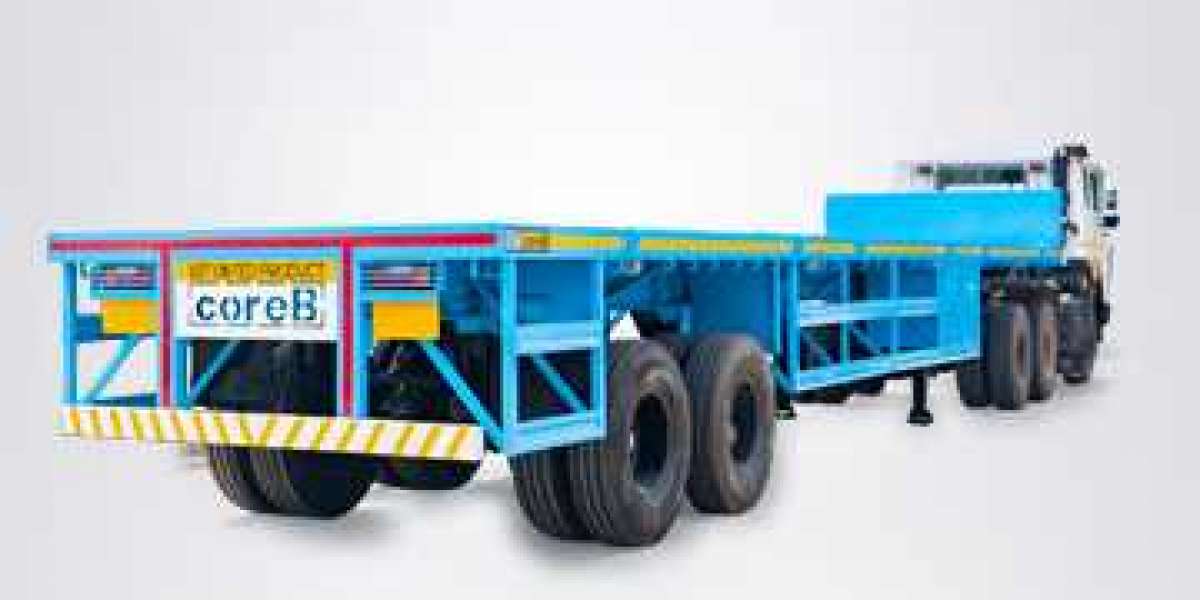The aerospace industry is one of the most demanding and safety-critical sectors, where every component plays a crucial role in ensuring the reliability and integrity of aircraft. Among these components, aerospace fasteners hold a significant position as essential elements for joining and securing various aircraft structures. This article delves into the aerospace fastener market, its key drivers, challenges, and the critical role it plays in the aviation industry.
Aerospace fasteners are specialized mechanical devices designed to securely connect different components of an aircraft, ranging from fuselage panels and wings to engine components. These fasteners need to withstand extreme operating conditions, including high vibration, fluctuating temperatures, and heavy loads, while maintaining structural integrity and preventing component failure. Consequently, they must meet rigorous performance standards and certifications to ensure the safety and reliability of aerospace systems.
The aerospace fastener market is primarily driven by the growth of the aviation industry. With the increasing number of air passengers and rising demand for commercial and military aircraft worldwide, the demand for aerospace fasteners is on the rise. The expansion of airline fleets, the introduction of new aircraft models, and the need for regular maintenance and repair activities contribute to the continuous demand for aerospace fasteners.
Another factor driving the aerospace fastener market is the constant pursuit of lightweighting in the aviation industry. As aircraft manufacturers aim to improve fuel efficiency and reduce emissions, the emphasis is on using lightweight materials and components. Aerospace fasteners made from advanced materials, such as titanium and composites, offer high strength-to-weight ratios, enhancing overall aircraft performance. The use of lightweight fasteners allows for weight reduction while maintaining structural integrity and safety standards.
Furthermore, the aerospace fastener market is influenced by technological advancements in the manufacturing processes. Precision machining techniques, such as computer numerical control (CNC) machining, enable the production of complex and customized fasteners with tight tolerances. Additionally, the development of innovative fastening solutions, including self-locking and quick-release fasteners, improves efficiency during assembly, disassembly, and maintenance procedures.
The aerospace fastener market also faces significant challenges. One of the key challenges is stringent regulatory compliance. Aerospace fasteners must meet strict standards and certifications set by aviation authorities, such as the Federal Aviation Administration (FAA) and European Union Aviation Safety Agency (EASA). These regulations ensure that fasteners meet specific strength, durability, and reliability requirements to withstand the harsh operating conditions experienced by aircraft.
Moreover, the aerospace fastener market is highly competitive, with a few major players dominating the industry. The market is characterized by intense rivalry, as fastener manufacturers strive to provide innovative and cost-effective solutions. This competition drives continuous research and development efforts to improve fastener performance, enhance production processes, and reduce costs.
The importance of aerospace fasteners in maintaining flight safety cannot be overstated. Inadequate fasteners or fastener failure can have catastrophic consequences for an aircraft's structural integrity and passenger safety. Thus, the aerospace industry places utmost importance on ensuring the quality and traceability of fasteners throughout their lifecycle, from manufacturing to installation and maintenance.
Search
Popular Posts
-
 Canadian pharmacies not requiring prescription
Canadian pharmacies not requiring prescription
-
 Caramelized Australian Balsamic: Craving Perfection? Aussie Basket Delivers Every Time
Caramelized Australian Balsamic: Craving Perfection? Aussie Basket Delivers Every Time
-
 6G Market Upcoming Opportunities, Trends and Industry Outlook 2025
6G Market Upcoming Opportunities, Trends and Industry Outlook 2025
-
 3D Printing Services in Coimbatore: Choose WOL3D Coimbatore for Superior Quality
3D Printing Services in Coimbatore: Choose WOL3D Coimbatore for Superior Quality
-
 Indulge in Mutual Massage in London for Connection and Complete Relaxation
Indulge in Mutual Massage in London for Connection and Complete Relaxation









